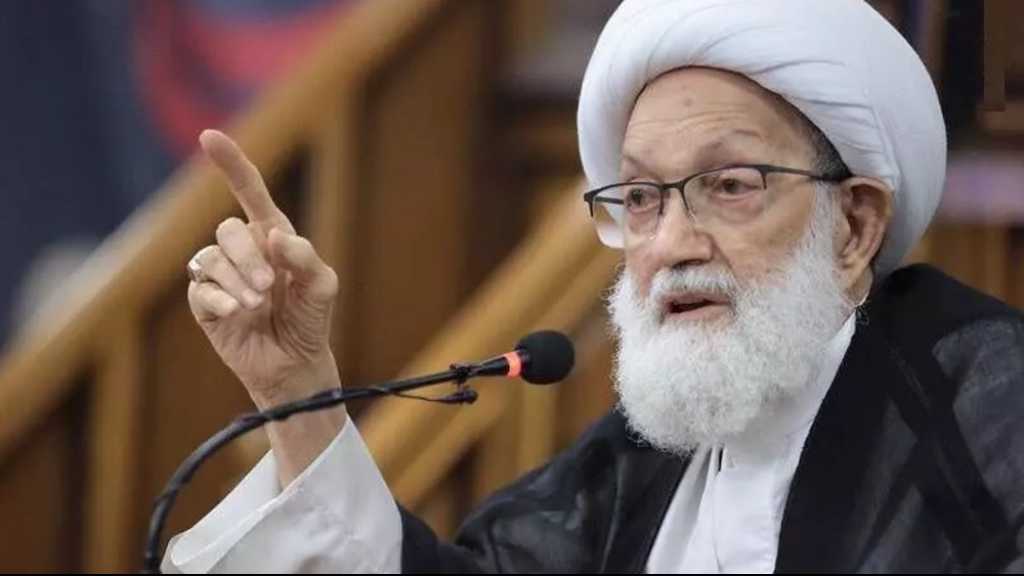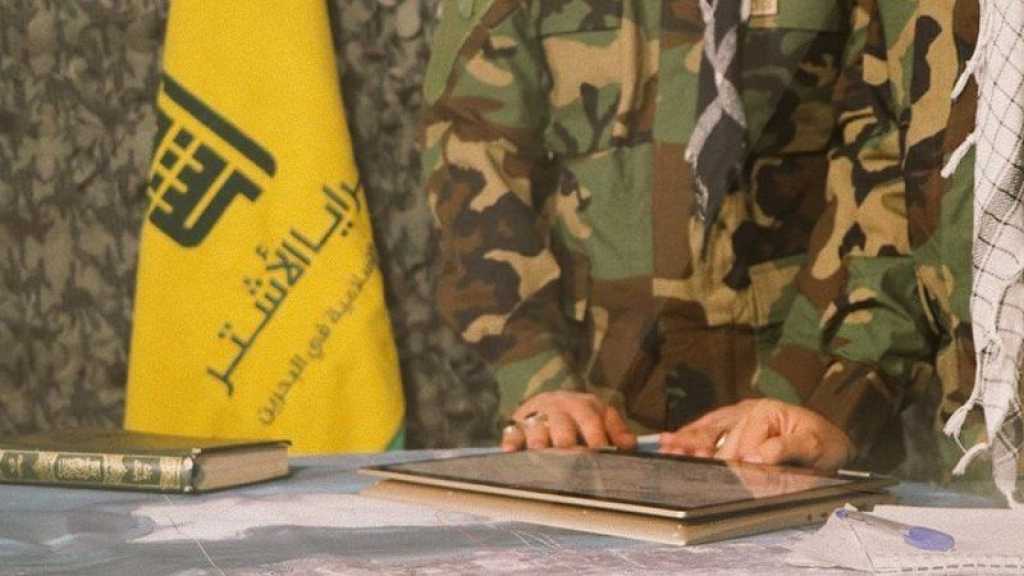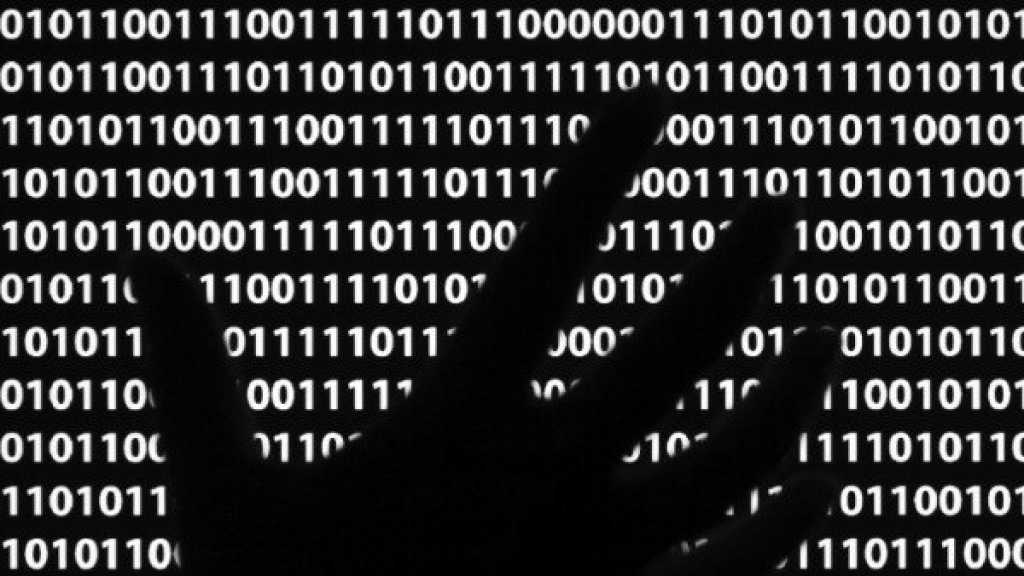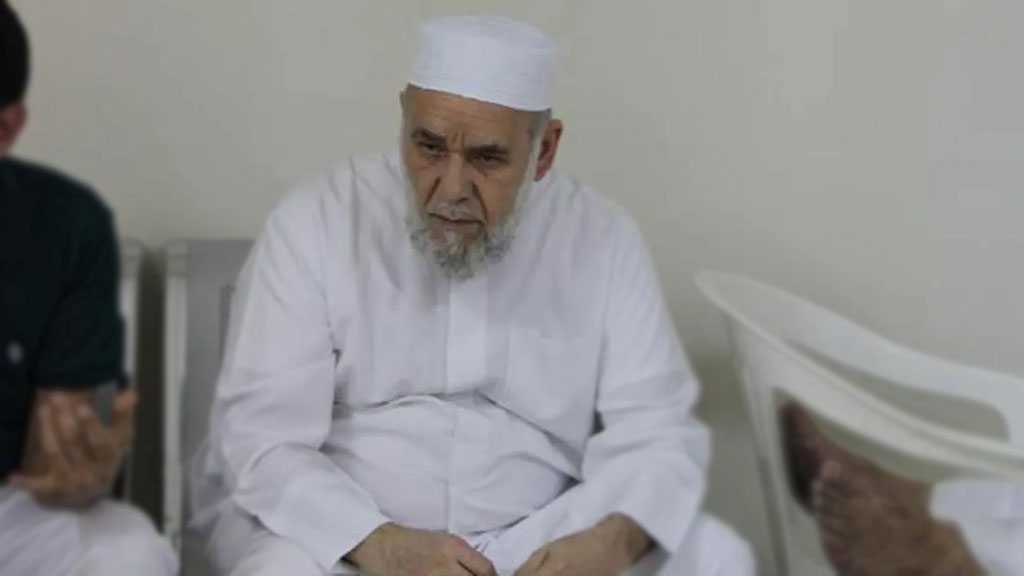F1 Asked to Hold Inquiry into Human Rights Abuses in Bahrain

By Staff, The Guardian
Formula One has been urged to carry out an independent inquiry into allegations of human rights abuses associated with the Bahrain Grand Prix. A letter calling for the inquiry, backed by a coalition of 22 human rights groups and unions and 57 British MPs, was sent to F1’s new chief executive, Stefano Domenicali, teams, the FIA and the reigning world champion, Lewis Hamilton, on Wednesday.
F1 is holding the first race of the season at Bahrain’s Sakhir circuit this weekend but the country’s human rights record remains widely criticized. The letter requests the establishment of a “commission of independent experts to investigate the human rights impact of F1’s activities in Bahrain” and cites among others the case of an 11-year-old boy who was arrested for joining protests against the November 2020 Bahrain Grand Prix.
The letter demands F1 live up to its public commitment to a human rights policy it adopted in 2015 and notes that since 2011, when the race was cancelled amid protests at the suppression of Bahrain’s Arab spring democracy movement, the situation in the country has deteriorated and that F1’s presence is sportswashing to legitimize the actions of the regime.
“The situation in the country has only worsened,” the letter reads. “Any semblance of democracy has been abandoned as the government outlawed opposition political parties, forcibly closed Bahrain’s only independent newspaper and severely curtailed freedom of assembly, forbidding unlicensed gatherings of more than five people.”
An F1 spokesman said in response to the call: “We fully believe that sport has always had a unique role in bringing different cultures together and crossing borders, being a force for good. We believe that shutting countries off from sport is not the right approach and engagement is far better than isolation.
“Where possible we monitor and audit activities in host countries that relate directly to the staging of an event and behind the scenes we have meaningful discussions with all hosts about our values and the standards that we expect.”
Hamilton has been strident in his support for equality and diversity in the past year and has been clear he believes the sport must address issues in the countries in which it races. “We realize we’ve got to face and not ignore the human rights issues in the countries that we go to, not just 20 years, 30 years from now, but now,” he said after winning the title in Turkey last year.
It is believed Hamilton is sympathetic to the call for action in Bahrain. Last year he was moved by a drawing of his car he received from 11-year-old Ahmed Ramadhan, a Bahraini whose father Mohammed wrote to Hamilton telling him he had been arrested after supporting Bahrain’s pro-democracy movement and then allegedly framed in a murder case and who is now facing execution. “Lewis, Please save my father,” read his son’s plea on the drawing.
“I think the saddest thing for me was that there’s a young man on death row … and when his son writes me a letter it really hits home. All lives matter,” Hamilton said at the Abu Dhabi Grand Prix last year.
Hamilton had been intending to discuss the issues directly with Bahrain’s crown prince Salman bin Hamad al-Khalifa at the meeting last year but was forced to isolate after contracting COVID-19.
Last year, when Bahrain held two races in November, the Bahraini government, who have been contacted for a comment on this particular initiative, issued a statement strongly denying any accusations of sportswashing. Letters from 30 MPs and 18 NGOs were sent at the time highlighting cases of human rights abuses associated with the race but F1 has still not responded to them.
A government spokesperson said: “The government of Bahrain has a zero-tolerance policy towards mistreatment of any kind and has put in place internationally recognized human rights safeguards. A range of institutional and legal reforms have been implemented in close collaboration with international governments and independent experts, including the establishment of a wholly independent Ombudsman – the first of its kind in the region – which will fully and independently investigate any allegation of mistreatment.
“Furthermore, the National Institute for Human Rights – created with the assistance of the UN Office of the High Commissioner for Human Rights – has independent oversight of promoting and protecting human rights within the kingdom. In line with international norms, where arrests take place and convictions are sought due to clear breaches of the law, these rely on the process of an independent court system which upholds the legal rights of all individuals throughout.”
Comments




